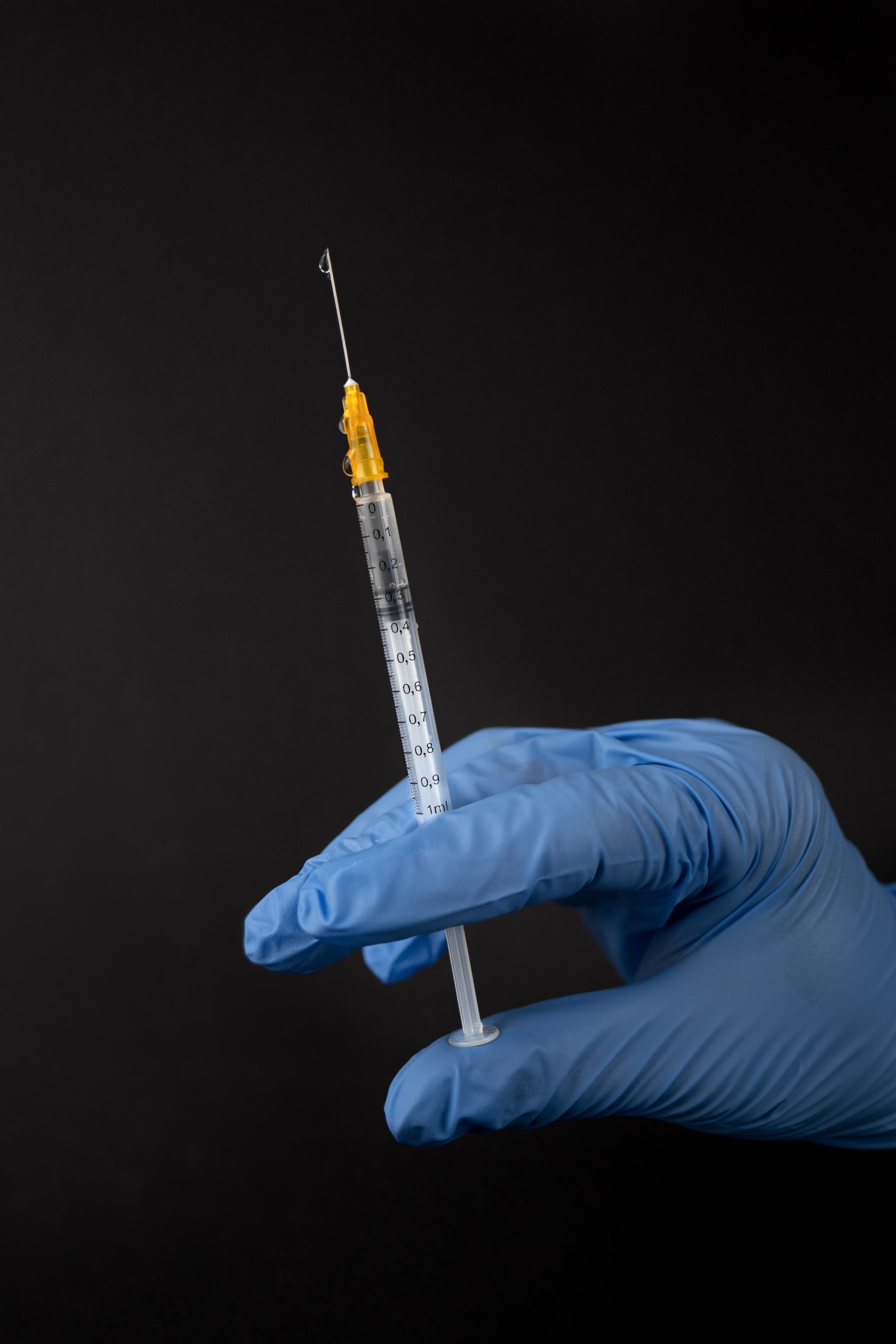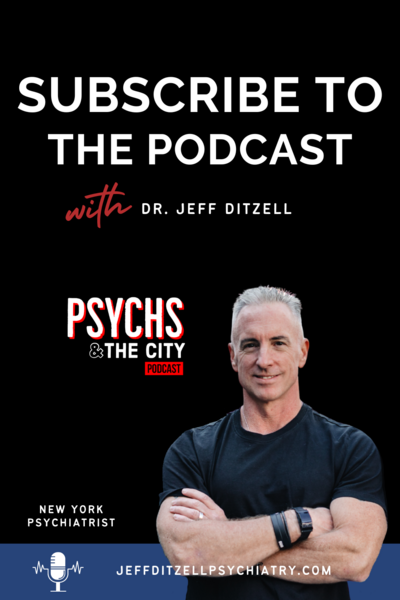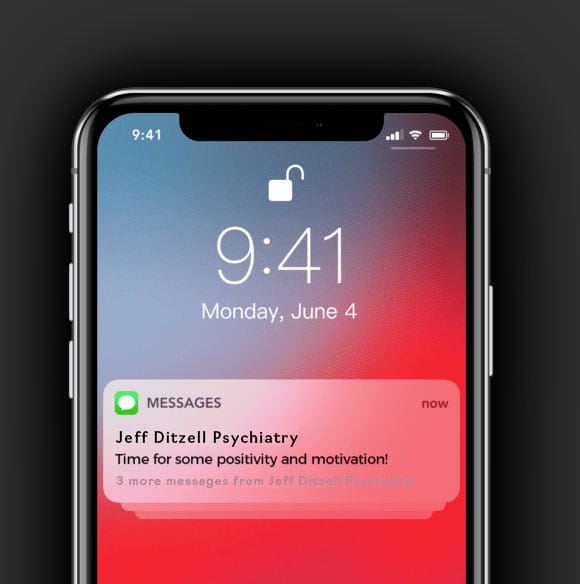Home / Mental Health Journal / Horse Tranquilizer Effects on Humans: Understanding the Truth About Ketamine Treatment

Dr. Jeff Ditzell went to intensive training with one of the top Anesthesiologists at the Ketamine Institute. He was trained in using ketamine to treat patients with the proper dosing and scheduling and to feel comfortable and competent in using this treatment modality. In his own psychiatry practice Dr. Ditzell has treated numerous patients with Ketamine IV Infusions and due to the intensive training he underwent has made him extremely well-versed in the use of Ketamine Treatments for Severe Depression, Anxiety, PTSD, OCD, and Bipolar Disorder.
There is a lot of stigmas surrounding the use of Ketamine. Is it a horse tranquilizer, a party drug, or can it be an effective treatment for PTSD and treatment-resistant depression? While Ketamine is used by veterinarians as a horse tranquilizer, it was actually approved by the FDA in 1970 and is used in hospitals and dental offices today on a daily basis. Ketamine is safer to take rather than other anesthetics because when you take it at low doses it does not suppress your breathing or lower blood pressure. Ketamine is safer to administer than other types of anesthetic agents according to the World Health Organization.
A lot of the medications that you know and take today are actually the same ones that are given to animals, the differences come in the dosage given. Here is a list of some of the medications that animals take that you may recognize:
As you can see with the list stated above, our four-legged friends take a lot of the same medications as you and me, and they also need to go through the FDA for approval.
The starting dosage is different for every patient because it is due to factors such as age, weight, According to JAMA Psychiatry in, A Consensus Statement on the Use of Ketamine in the Treatment of Mood Disorders, the dose of ketamine hydrochloride typically used in the treatment of mood disorders (0.5mg/kg per 40minutes IV) does not appear to have significant effects on the respiratory status of healthy individuals or patients with depression who are otherwise generally medically healthy.
Although Ketamine has been approved by the FDA since the 1970s, Ketamine has become increasingly popular in later years due to its ability to combat treatment-resistant depression. Meaning: People who have tried at least 2 antidepressants without getting relief may be able to try Ketamine IV Therapy for treating depression. We treat our patients with a safe dosage of Ketamine IV Infusion Therapy meant for humans, in a clinical setting, and the results have been tremendous and have increased the quality of life in a great number of our patients.
At Dr. Ditzell’s Psychiatry Ketamine Center in Downtown Manhattan, a multidisciplinary team of psychiatrists and therapists provide a supportive and therapeutic environment for acute and maintenance IV infusions of ketamine treatment for various mental health conditions, including:
With an in-depth understanding of psychopathology, Dr. Ditzell integrates his experiences into his treatment approach, offering better clinical judgment, accurate diagnoses, and more effective treatment plans. Specializing in adolescent, geriatric, or addiction psychiatry, Dr. Ditzell offers collaborative, high-quality online psychiatry care and in-person.
Ketamine is a powerful anesthetic drug that has been widely used in veterinary medicine as a tranquilizer for horses. It works by blocking certain receptors in the brain that are responsible for the perception of pain and consciousness. When administered at the appropriate dosage, ketamine can provide deep sedation and analgesia in horses, allowing for safe and efficient veterinary procedures.
Yes, ketamine has been found to have potential therapeutic effects for a variety of mental health conditions, including depression, anxiety, and post-traumatic stress disorder (PTSD). When used in low doses and under medical supervision, ketamine can produce rapid and robust reductions in symptoms, offering hope for individuals who have not responded to other treatments.
As with any medical treatment, there can be potential side effects and risks associated with ketamine use. These may include confusion, hallucinations, impaired motor function, and cardiovascular side effects. It is important to discuss any concerns with a medical professional and to carefully follow dosing instructions to minimize these risks and maximize the therapeutic benefits of ketamine treatment.

Dr. Jeff Ditzell, D.O. is the lead psychiatrist at Dr. Ditzell Psychiatry with over 25 years experience treating people for Anxiety, Depression, OCD, PTSD, Adult ADHD, Bipolar Disorder, using ketamine treatments, psychotherapy, and so much more.
 Hello,
I'm Dr. D!
Hello,
I'm Dr. D!
At my psychiatry practice in New York Cty, we're focused on giving you a 360 approach to mental health. It's time we end the stigma on mental health.

Each week we'll explore all things Mental Health, Mindset, Fitness, and Psychiatry!
tell me moreYou know what they say “self-care” is the best care. Why not kick off your morning the right way by signing up to receive our positive text messages reminding you to be mindful and encouraging you to conquer the day!
